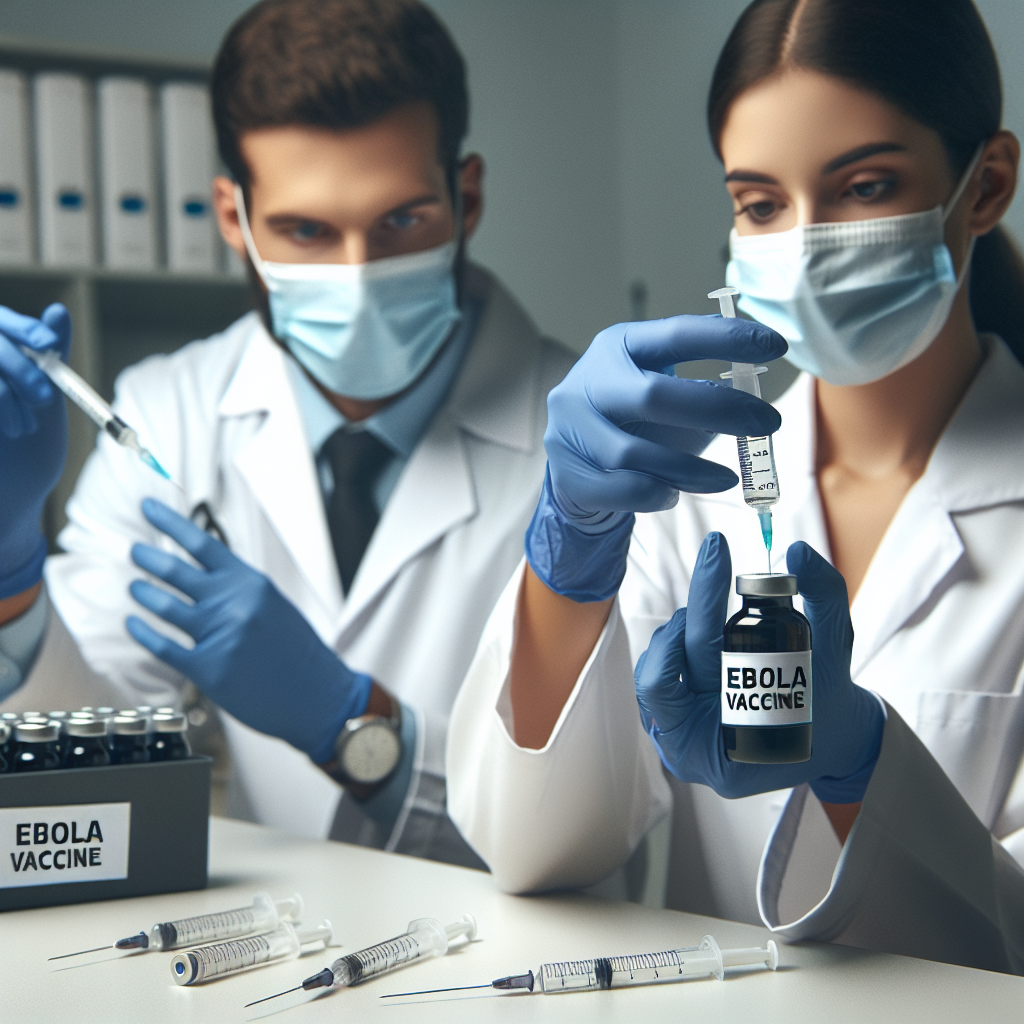UNICEF Ramps Up Ebola Vaccination Drive in DRC’s Kasai to Shield Children
Nearly 45,000 doses of the Ebola vaccine are being transported to Kasai, joining the more than 20,000 doses of the Ervebo vaccine already delivered.

The Democratic Republic of the Congo (DRC) is once again facing the deadly threat of Ebola, with a new outbreak declared in Kasai province on 5 September. In response, UNICEF, in partnership with the Ministry of Health and other agencies, has launched a large-scale vaccination and protection campaign aimed at saving lives, particularly among children who are the most vulnerable in this crisis.
Urgent Vaccine Deployment
Nearly 45,000 doses of the Ebola vaccine are being transported to Kasai, joining the more than 20,000 doses of the Ervebo vaccine already delivered. These vaccines are targeted first at frontline health workers, close contacts of Ebola patients, and individuals in high-risk communities. The current hotspot is the town of Bulape, with surrounding areas such as Mweka and Mushenge also under close surveillance.
So far, 47 suspected and confirmed cases have been recorded, including 14 children, with 25 lives lost—12 of them children. This underscores the urgency of the campaign. Over 1,048 contacts have already been identified and are being monitored by health teams.
UNICEF DRC Representative John Agbor stressed the critical role of vaccines, stating:
“Every dose delivered is one more step toward keeping children and families safe. Vaccines are among the most powerful tools in this government-led response, but children also need medical care, psychosocial support, safe spaces to learn and play, and family guidance to protect themselves.”
Protecting Families Beyond Vaccination
UNICEF’s intervention goes beyond simply administering vaccines. The organization is ensuring:
-
Cold chain integrity to guarantee that every vaccine dose remains effective during transport.
-
Medical care for Ebola patients, including specialized support for children.
-
Reinforcement of hygiene practices in schools, hospitals, and child-friendly spaces.
-
Community education campaigns, providing families with life-saving information on how to avoid infection.
-
Psychosocial and child protection services, helping children cope with trauma and loss caused by the outbreak.
A Region at High Risk
This is the 16th Ebola outbreak in DRC since the virus was first identified in 1976, and the second time Kasai has been affected since 2008–2009. The province remains one of the most fragile regions in the country, with a weak health system, limited safe drinking water, medicine shortages, and poor sanitation. These systemic vulnerabilities make outbreaks especially devastating and increase the risk of rapid disease spread.
The Need for Global Preparedness
The DRC’s Ebola crisis is not only a local emergency but also a global health warning. Outbreaks can spread across borders if not contained swiftly, and the international community is being urged to support preparedness efforts.
Agbor emphasized the importance of long-term resilience:
“Outbreaks like this remind us how important global preparedness is, as well as the immediate response. Global solidarity and investment in strong public services and emergency systems will protect children not just today, but from the next crisis as well.”
Looking Ahead
As UNICEF teams work around the clock with government and partners, the delivery of vaccines and critical health services provides hope that the outbreak can be contained before it escalates further. Yet, the challenge remains steep: building a stronger healthcare system and infrastructure to ensure that children and families are not left exposed in future crises.
The situation in Kasai is a stark reminder that while vaccines can save lives in the immediate term, sustained international investment in public health systems is the only way to prevent repeated cycles of outbreaks and loss.










